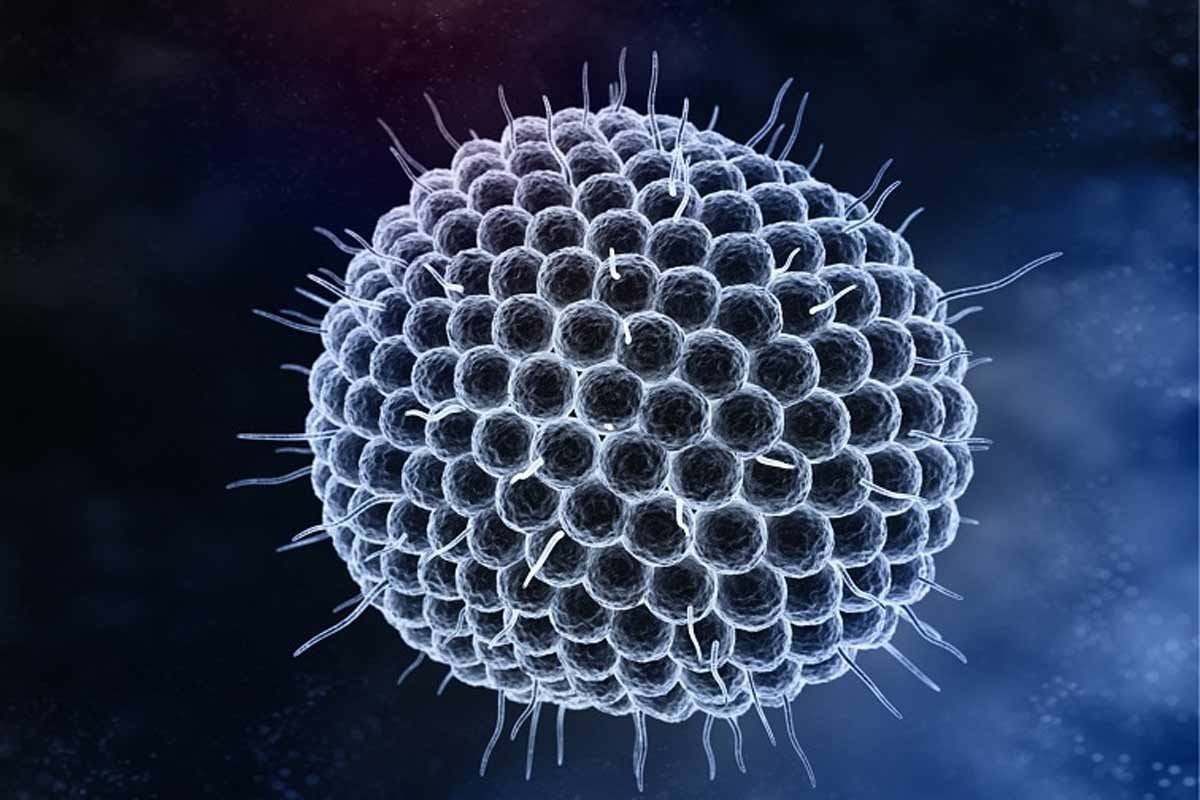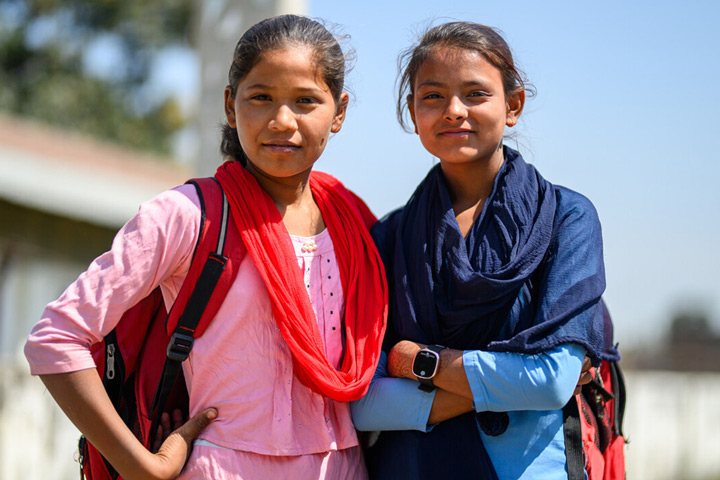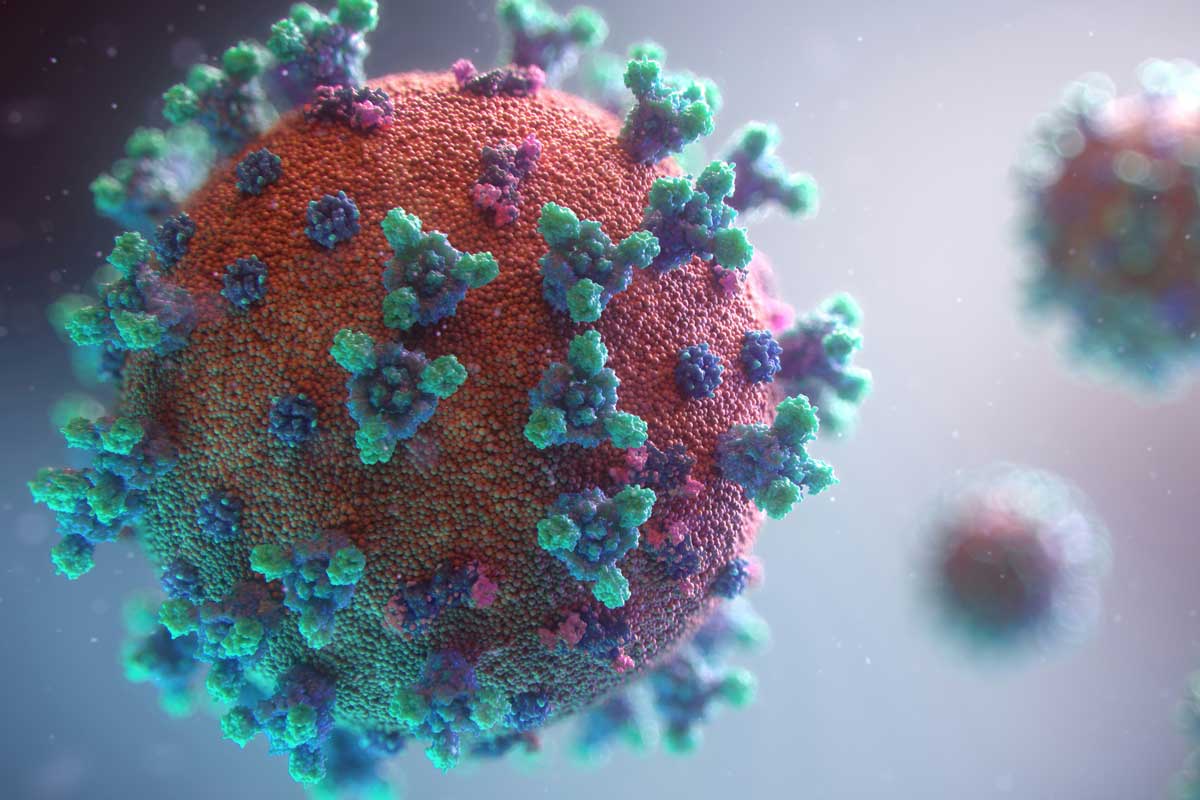Using AI from lab to jab: how did artificial intelligence help us develop and deliver COVID-19 vaccines?
Machine-learning algorithms and deep-learning systems were critical in the development and rollout of the COVID-19 vaccine, a review shows.
- 27 February 2025
- 4 min read
- by Priya Joi

When COVID-19 first swept across the globe, researchers rushed to develop a vaccine that could save lives and end the pandemic as quickly as possible. Enter artificial intelligence (AI), which accelerated the process in a way that has never been done before in vaccine development.
Machine-learning algorithms analysed vast amounts of viral genomic data, identifying potential vaccine targets in a fraction of the time it would have taken human researchers.
Two ways to learn
Vaccine development broadly uses two types of artificial intelligence (though many others exist):
Machine-learning algorithms: These algorithms are better suited for structured data and need more human intervention to course-correct. Machine-learning was critical in COVID-19 vaccine development for ‘reverse vaccinology’, which looks through a pathogen’s genetic sequences to identify antigens that could elicit an immune response.
Deep learning: This is a subset of machine learning that uses multilayered neural networks to simulate the complex decision-making power of the human brain. Deep learning typically can analyse unstructured data sets. Deep-learning models have been used to generate novel proteins that may serve as potential vaccines.
Researchers at the Islamic Azad University, Iran, undertook a detailed review of what they call a “pivotal role” that AI played in the global health response to the pandemic.
“AI’s ability to integrate computational speed with biological complexity redefined the boundaries of what is possible in global health responses, signaling a new era of AI-driven therapeutic development for future crises,” say the authors.
Speeding up vaccine development
For COVID-19 vaccines like Pfizer-BioNTech’s and Moderna’s, AI was critical in rapidly combing through viral genomes to identify how to trigger a strong immune response, which is crucial for an effective vaccine.
This led to the identification of the spike protein as the optimal target for priming our immune systems.
AI-enabled computational models were able to simulate various molecular configurations of the spike protein, allowing scientists to quickly assess which configurations were most likely to provoke an effective immune response.
This ability to model and optimise potential vaccine candidates helped reduce the timeline from concept to clinical trials from years to months.
AI-powered clinical trials
Clinical trials also used AI to improve the sorting of participants based on their individual risk factors, such as age, pre-existing health conditions, and geographical location. This allowed researchers to recruit participants more efficiently, focusing on high-risk populations that were most likely to benefit from the vaccine.
Have you read?
The researchers found that using AI improved the accuracy of trial outcomes and ensured that trials “reflected the diverse populations most affected by the pandemic”.
During clinical trials, AstraZeneca used AI-powered systems to monitor participant data in real-time, allowing for rapid identification of anomalies or potential side-effects. This enabled researchers to rapidly course-correct if necessary, making quick adjustments to trial protocols when necessary.
Tackling logistical nightmares
The researchers also mapped how artificial intelligence helped ease challenges in producing the vaccines. Deep-learning algorithms optimised manufacturing processes by simulating various production scenarios.
These algorithms analysed a multitude of factors, including raw material availability, production schedules and cold storage capacities. They could then predict bottlenecks and offer real-time solutions, all of which helped to mitigate potential supply chain disruptions.
Maintaining the integrity of temperature-sensitive vaccines also relied on AI algorithms to power real-time monitoring systems. These tracked temperature conditions throughout the supply chain, which meant that logistical teams were able to help distributors adhere to the strict cold chain requirements necessary for mRNA vaccines like Pfizer-BioNTech and Moderna.
There is substantial data not only on the promise of AI in vaccine development and roll-out, but solid evidence that AI has already been fundamental in the COVID-19 response.
The authors caution that while AI has multiple uses in this area, to harness its potential in a way that best serves us will require “ensuring the availability of high-quality data, mitigating algorithmic biases and establishing ethical frameworks that prioritise transparency and equity in AI-driven healthcare solutions”.








